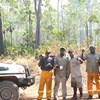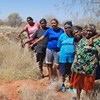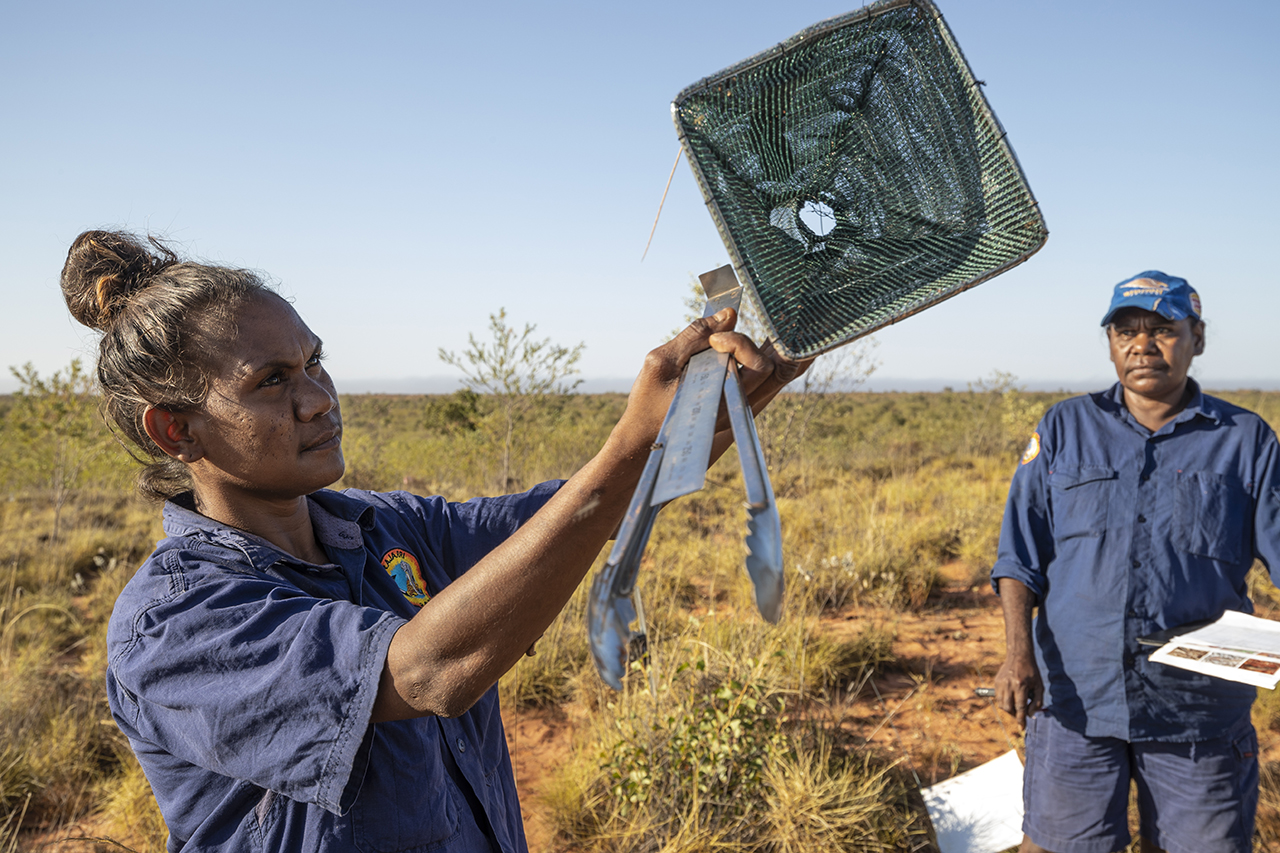
Indigenous Engagement Protocols: Forging respectful, meaningful partnerships for research impact
Wednesday, 21 October 2020Bradley Moggridge, the Threatened Species Recovery Hub’s Indigenous Liaison Officer, brought his authoritative Indigenous voice to the creation of a set of protocols for hub researchers seeking to collaborate with Indigenous partners. Drawing on his experience as a research scientist and natural resource practitioner, he has written a practical guide which is designed to complement the hub’s Indigenous Engagement and Participation Strategy (2016). He tells us more about this exciting and important new publication.
The success of our hub’s research activities is based on meaningful partnerships with many Indigenous Australians. To support meaningful collaboration with Indigenous partners, the hub developed an Indigenous Engagement and Participation Strategy (IEPS, 2016) at its inception. The IEPS sets out high-level aims and vision, and overarching principles for engagement, behaviours expected of hub researchers, and how the hub is to monitor progress against these. The hub also has an Indigenous Reference Group (IRG) to further guide meaningful partnerships between the hub, Indigenous project teams, researchers and research users.
In response to a request from the IRG and the hub early and mid-career researchers’ network, we developed a set of protocols: Indigenous Engagement Protocols for Threatened Species Researchers. The purpose of these protocols is to guide researchers and institutions to work better with Indigenous people in a culturally respectful way, aiming for a co-developed two-way conversation while recognising that the nature of individual relationships can vary greatly.
Founded on respect and experience
The protocols set out principles for engagement, which start with the importance of respect and go on to outline principles of integrity and authenticity, and accountability. The protocols also underscore the important goal of the hub of providing opportunity for Indigenous-led research and projects, and acknowledge that in the past too many Indigenous people and communities have experienced loss of their knowledge and intellectual property through research engagements. The meaningful engagement that the protocols are designed to support, on the other hand, ensures that Indigenous people have a say in all aspects of a project and will own their intellectual property, while being recognised as the owners of that knowledge.
The protocols emphasise not only reciprocity but also the need for cultural awareness and competence, as well as offering guidance about communicating appropriately with Indigenous people and communities. Engagement needs to be built on deep listening, learning and talking or yarning, with researchers ready to consider the stories and perspectives of Indigenous partners.
Researchers who wish to work alongside Indigenous communities will find the explanations of common cultural practices insightful, such as the consideration of men’s and women’s business, who can “Speak for Country”, and knowing what you are allowed to know.
Meaningful engagement is not only the right thing to do, it also leads to better science and research outcomes for the environment. Engagement that is based on co-benefit can link Traditional Knowledge and Western science in ways that can bring about new science for threatened species recovery.
Learn more about the indigenous engagement protocols for threatened species researchers
Further information
Bradley Moggridge – bradley.moggridge@canberra.edu.au
Top image: Karajarri Rangers Marissa and Jacko undertaking a fauna survey in the Edgar Ranges as part of a hub project that Karajarri Rangers are leading to investigate how different fire management approaches affect biodiversity on their desert country. The project is answering questions they have and will support them to make more informed land management decisions. Image: Nicolas Rakotopare
-
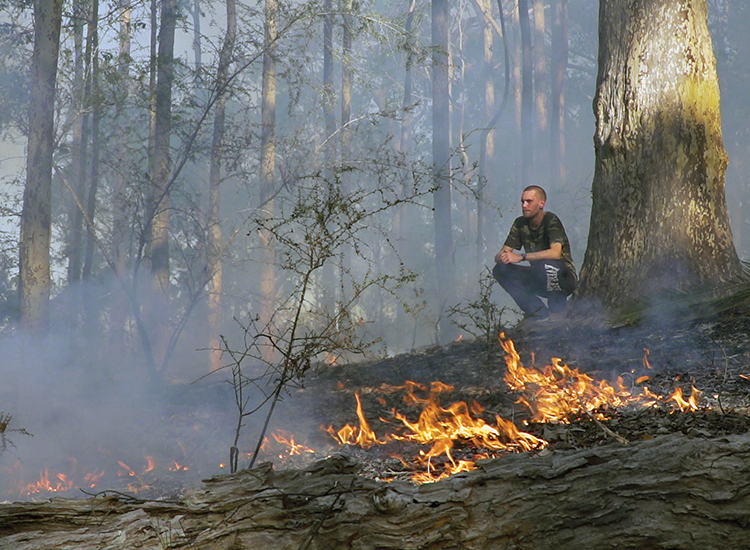
Cultural fire: Listening to and caring for Country with fire
Monday, 31 August 2020 -
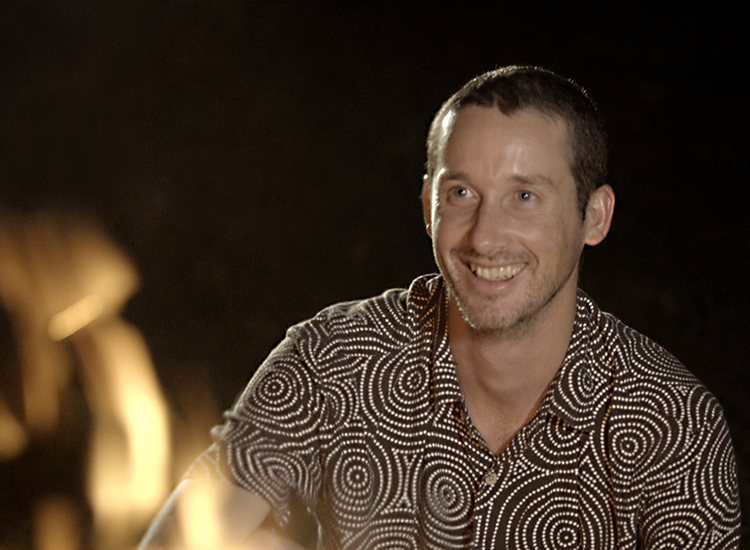
Indigenous advisor profile: Oliver Costello - Healing Country with cultural fire
Wednesday, 02 September 2020 -
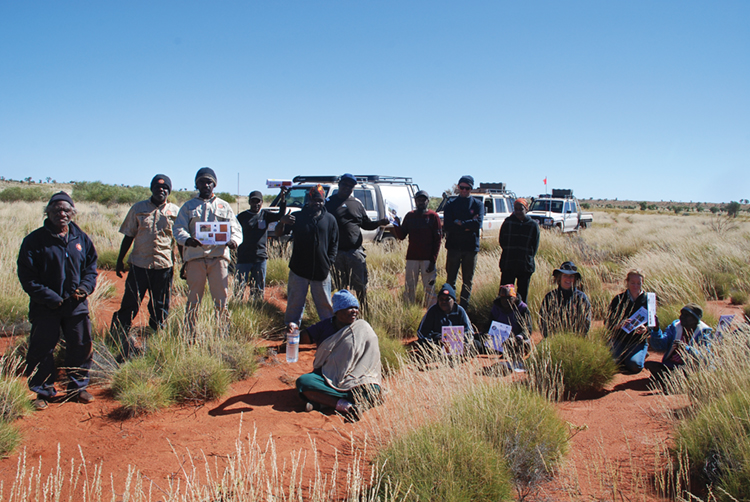
A Martu method for monitoring mankarr (greater bilby)
Tuesday, 20 August 2019 -
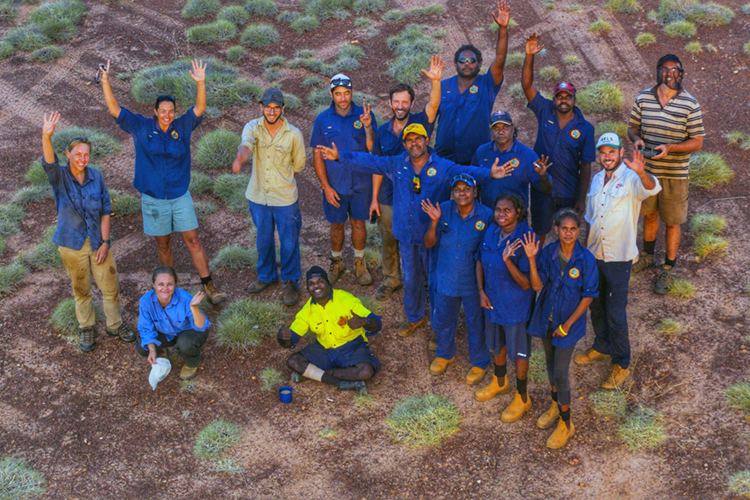
Appeasing Bluetongue Managing fire in the Great Sandy Desert
Tuesday, 13 August 2019 -
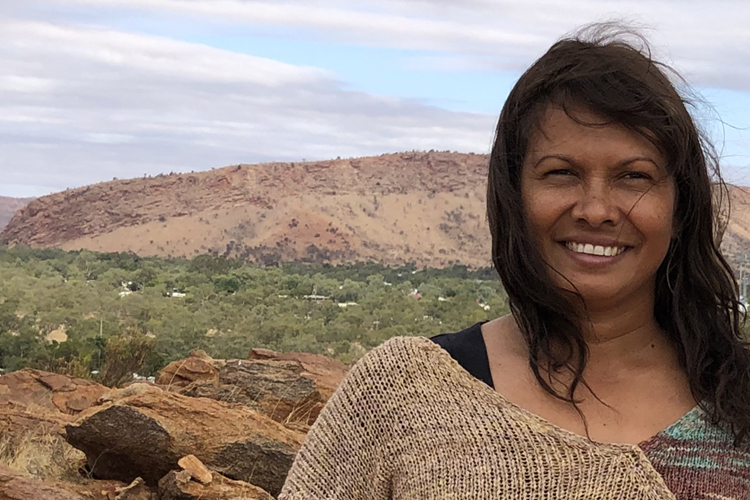
Changing the way research is driven
Tuesday, 13 August 2019 -
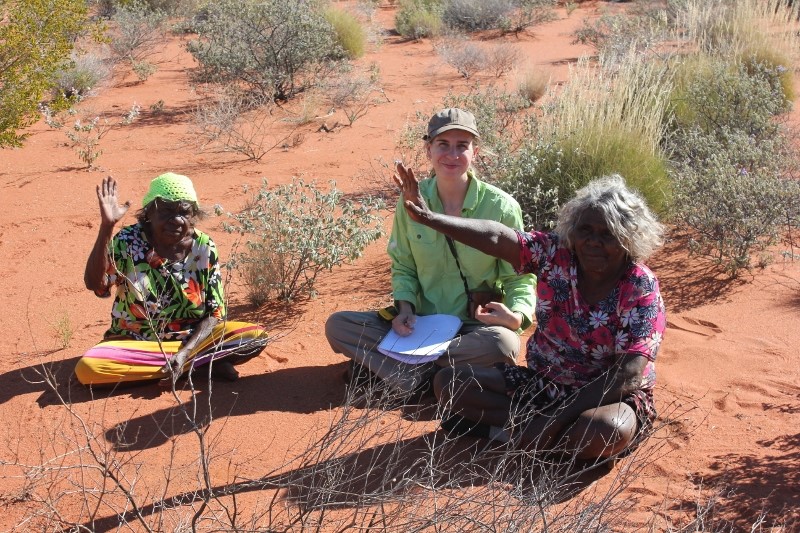
Designing a best-practice bilby monitoring program for Martu rangers
Thursday, 15 December 2016 -
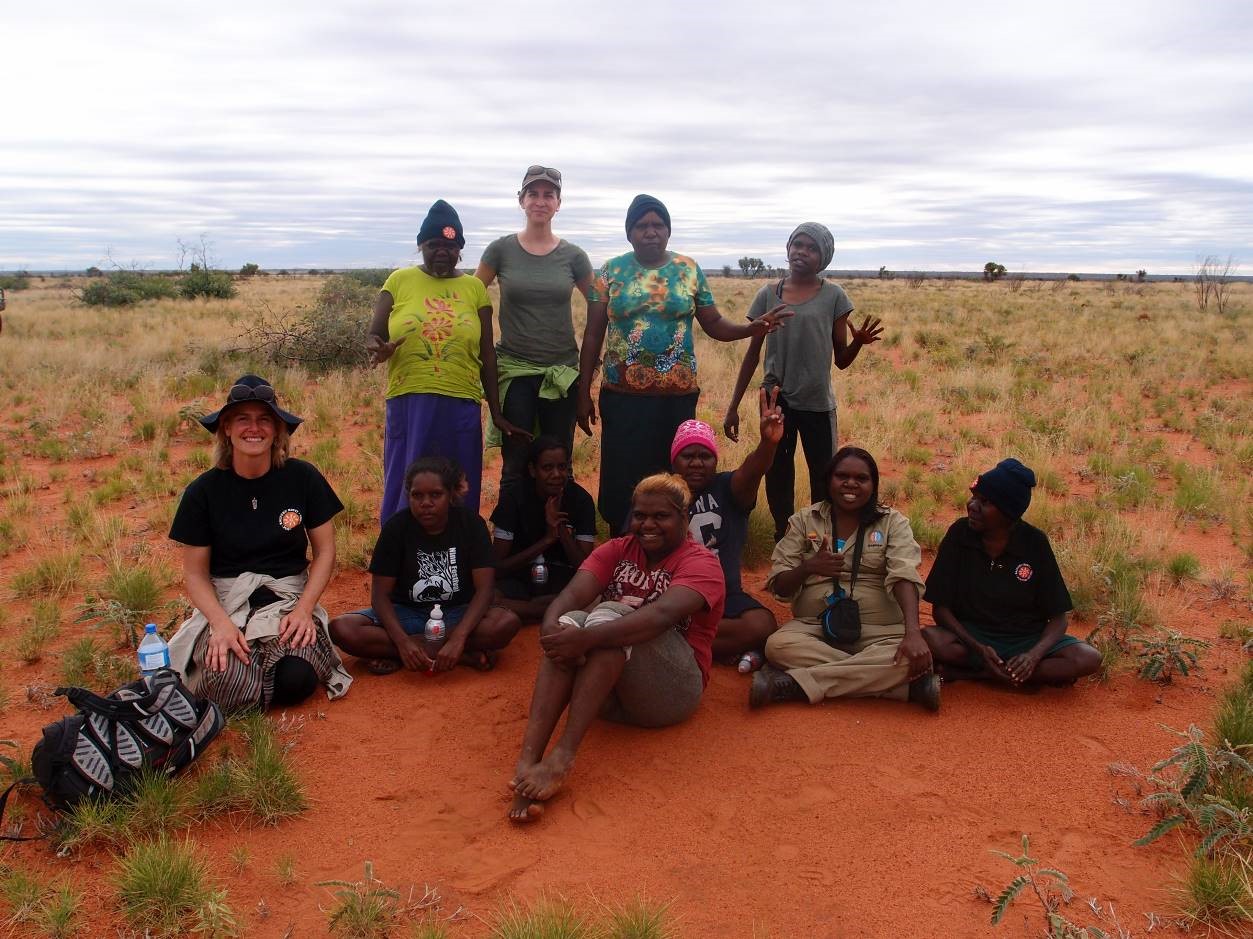
Endangered bilby connects communities across time and space
Wednesday, 06 July 2016 -
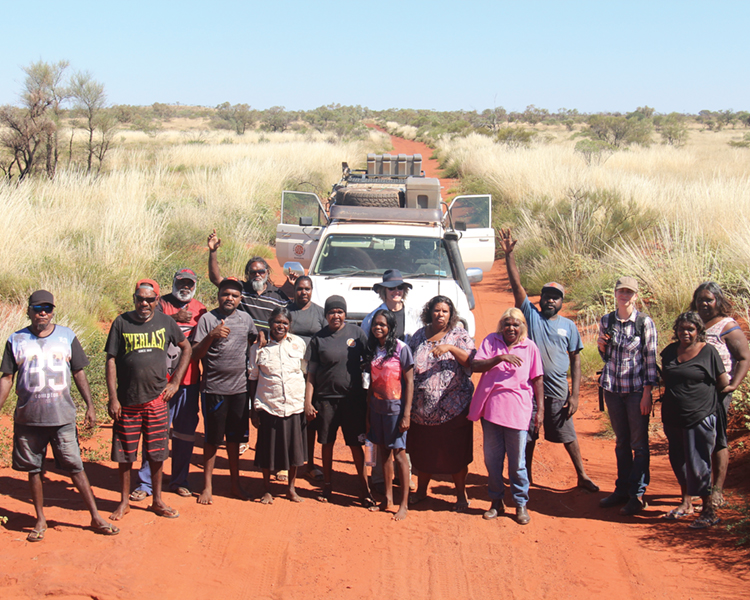
Indigenous engagement vital to saving species
Tuesday, 29 May 2018 -
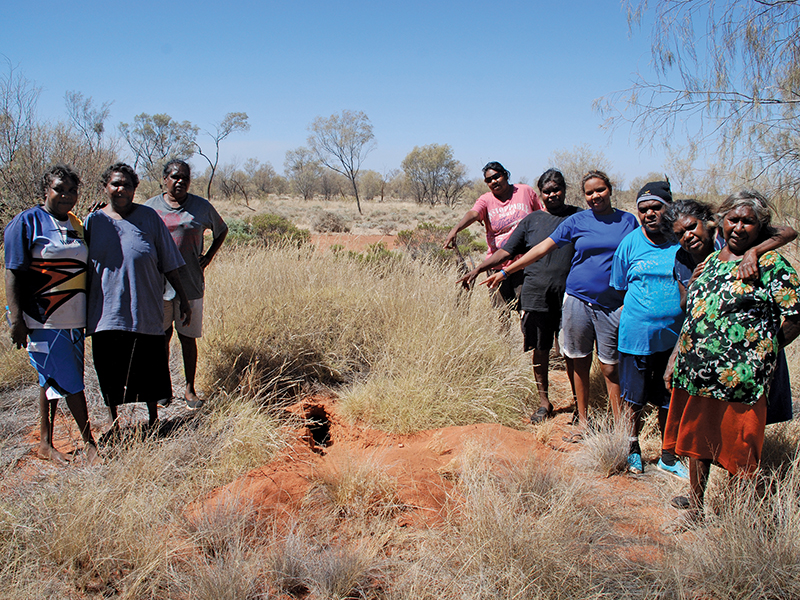
Indigenous land manager profile: Kanyirninpa Jukurrpa and Martu people
Tuesday, 30 June 2020 -
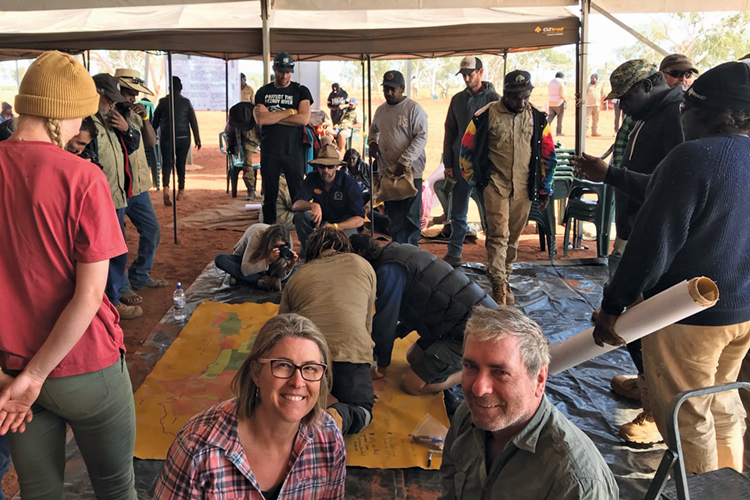
Indigenous people critical for threatened species
Tuesday, 13 August 2019 -
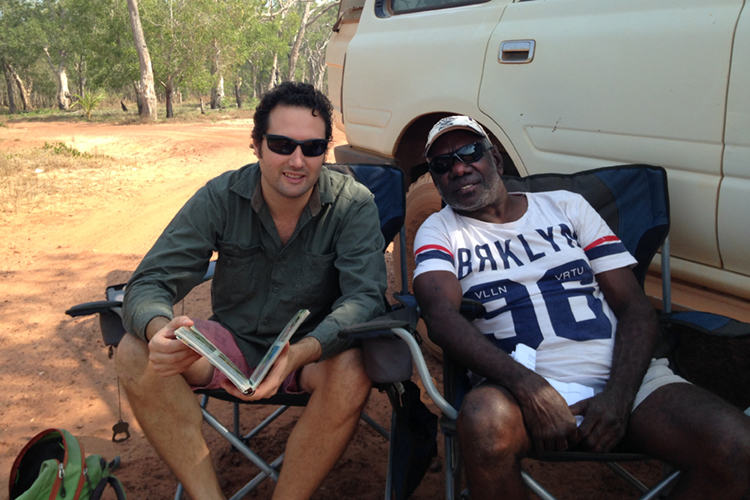
Looking after culturally significant and threatened species on the Tiwi Islands
Tuesday, 20 August 2019 -
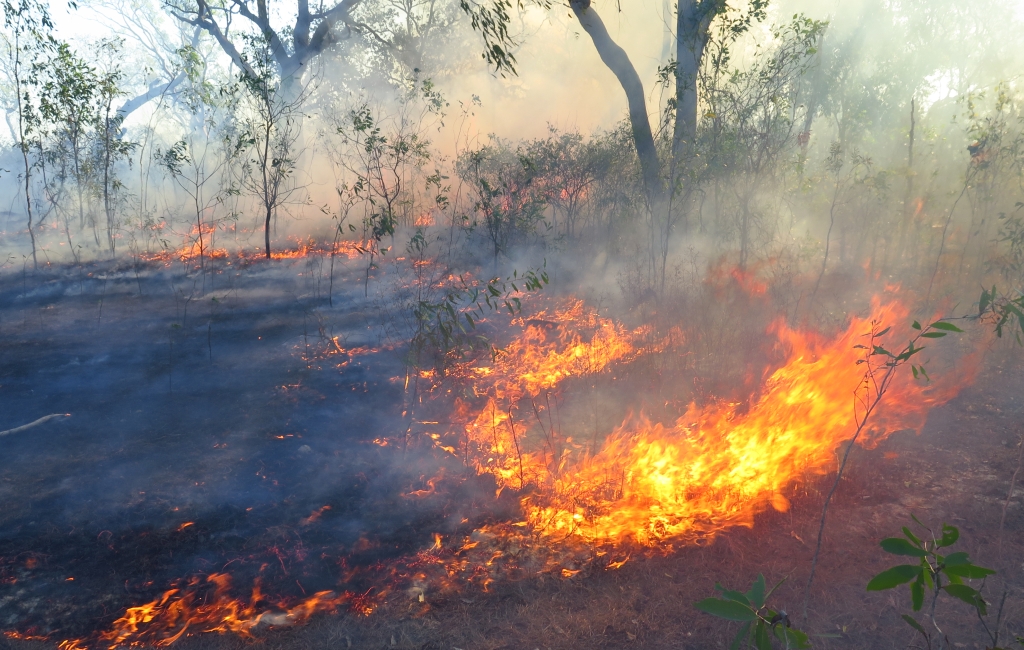
Partnerships with Indigenous communities key for threatened species
Wednesday, 30 March 2016 -
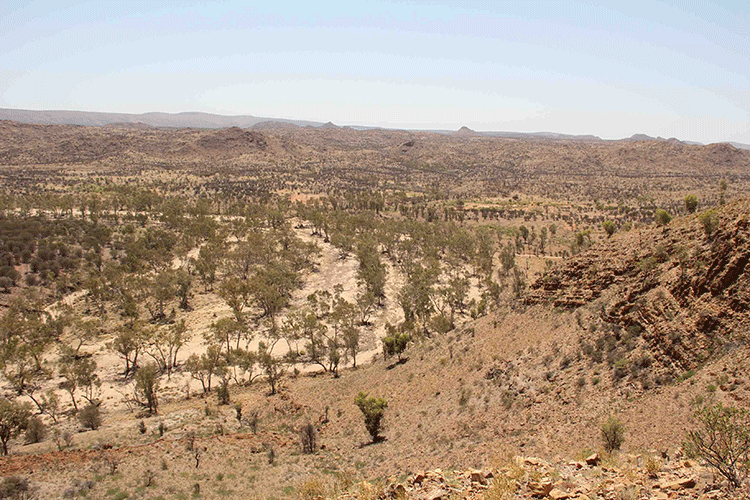
What's the overlap
Wednesday, 07 June 2017 -
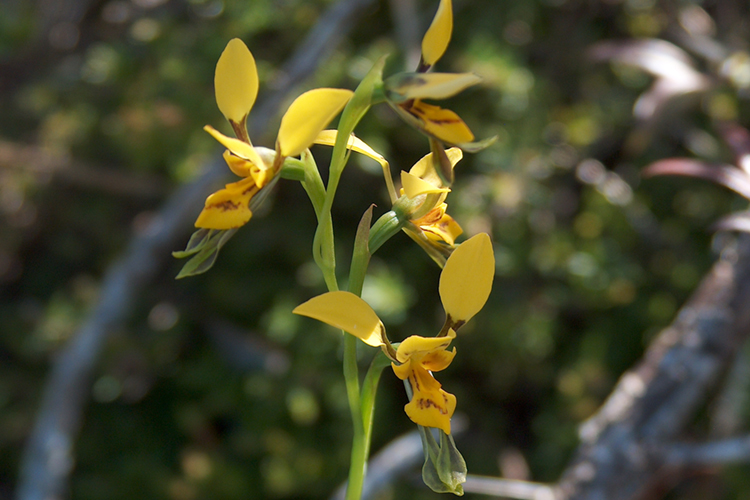
Working together to care for the Byron Bay orchid
Tuesday, 20 August 2019 -
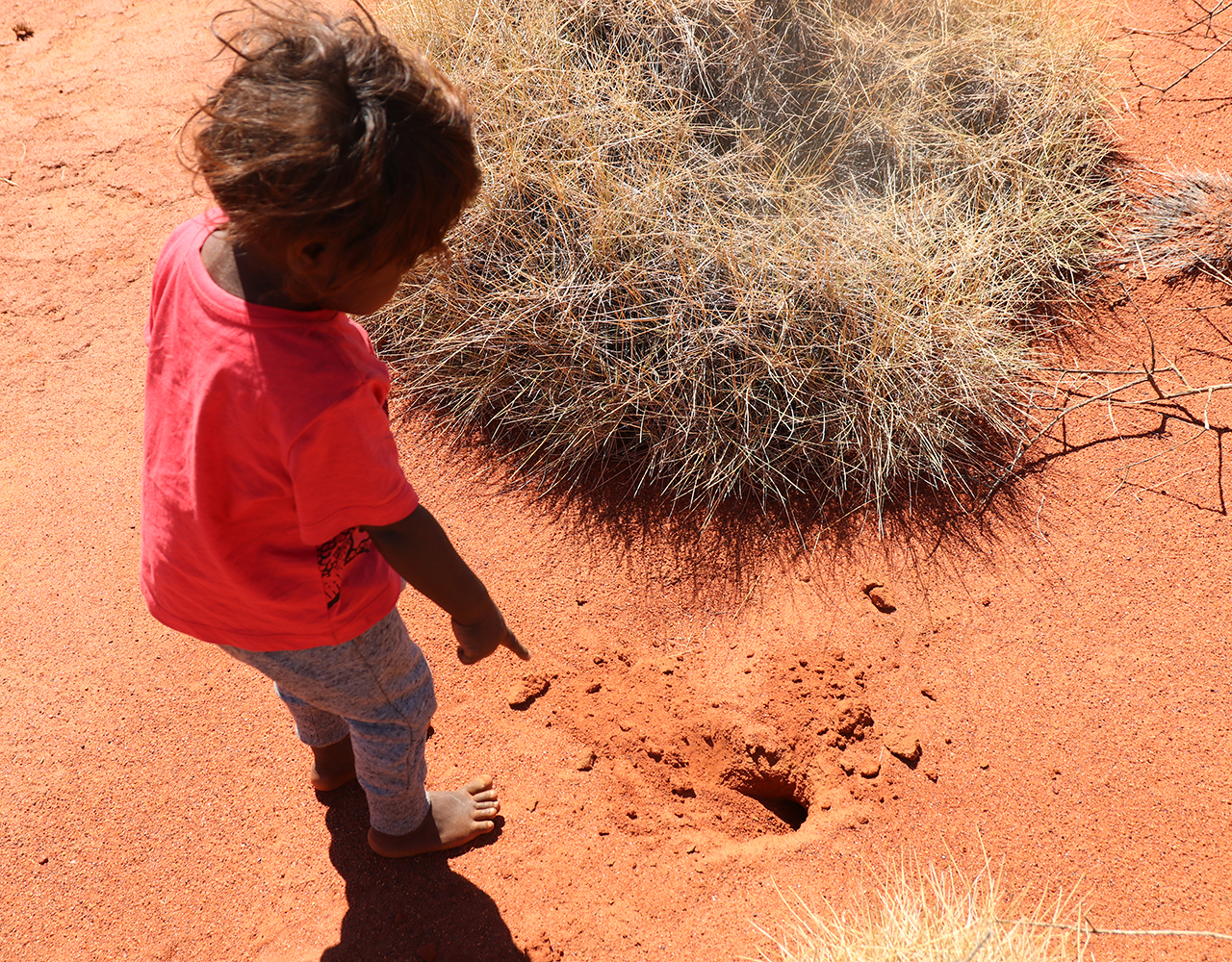
Kids learning to track Mankarr on Martu Country
Wednesday, 28 October 2020 -
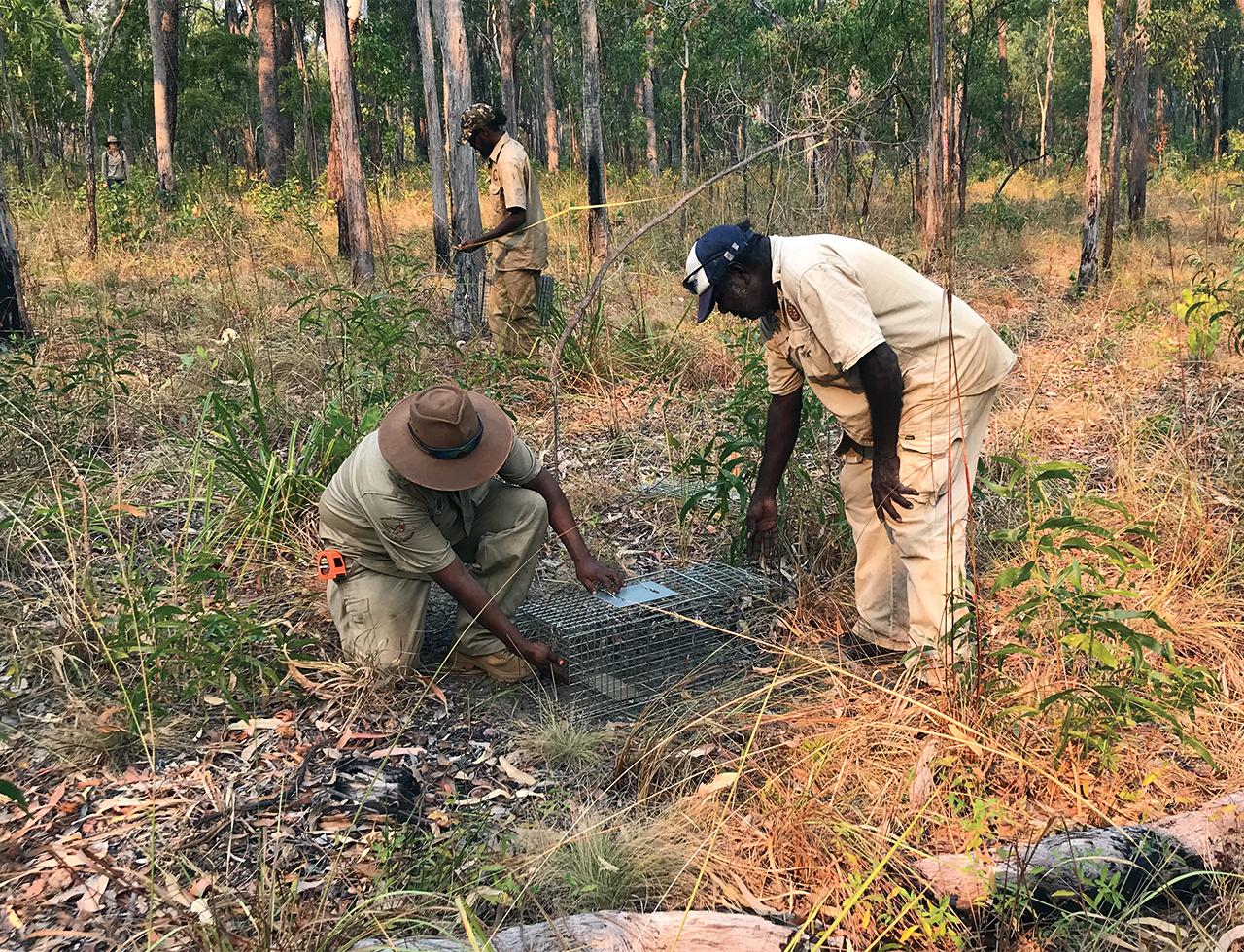
Building collaboration and two-way science
Sunday, 12 December 2021

